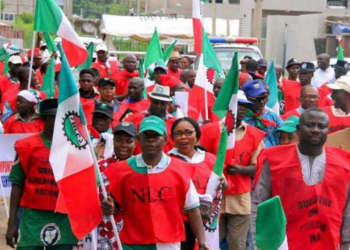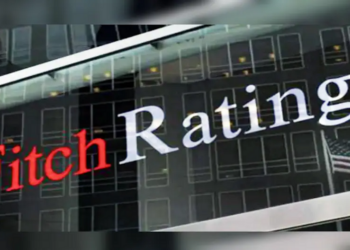The Central Bank of Nigeria (CBN) has halted the sale of dollars to the Nigerian National Petroleum Corporation (NNPC) by oil companies, including International Oil Companies (IOCs) that operate within the shores of the country.
The apex bank explained that the move to stop the sale of dollars is in line with its commitment to improving foreign exchange supply to the economy as the impact of the novel Coronavirus (COVID-19) pandemic bites harder on the economy.

While acknowledging that the country’s foreign exchange earnings have been depleted, Governor Godwin Emefiele of the CBN, said the new dollar remittance policy would boost local dollar collections.
Breaking the news during an emergency meeting with bank chief executive officers in Lagos at the weekend, Emefiele spoke of the urgent need to improve dollar supply to the apex bank, which has vowed to meet all dollar obligations to correspondent banks from importers.
[READ MORE: CBN, Bankers committee back N3.5 trillion stimulus package for Nigeria)
What you should know: CBN’s commitment to naira stability is accompanied with new policies and bottlenecks meant to reduce dollar spending and meet critical obligations, including those to correspondent banks on Letters of Credit and other trade obligations.
It is pertinent to note that the dollar is expected to be sold to the CBN at N377 to the dollar; same rate banks are to auction dollars to the regulator.

In order to combat the coronavirus pandemic in Nigeria, the central bank will also be granting naira and forex funding to key local pharmaceutical companies for procurement of raw materials and equipment, which are required to increase local drug production in the country.
Emefiele said, “We are committed to improving forex supply to the CBN, by directing all oil companies -international, and domestic, whether you are in the service industry, or producing, upstream, midstream, downstream, or related companies, to sell their foreign exchange to the CBN and no longer to NNPC, for purposes of funding even import of petroleum products, and also new policy on price modulation.”

























You can imagine the situation of things going on in Nigeria at the moment, what a country we’re all living in.